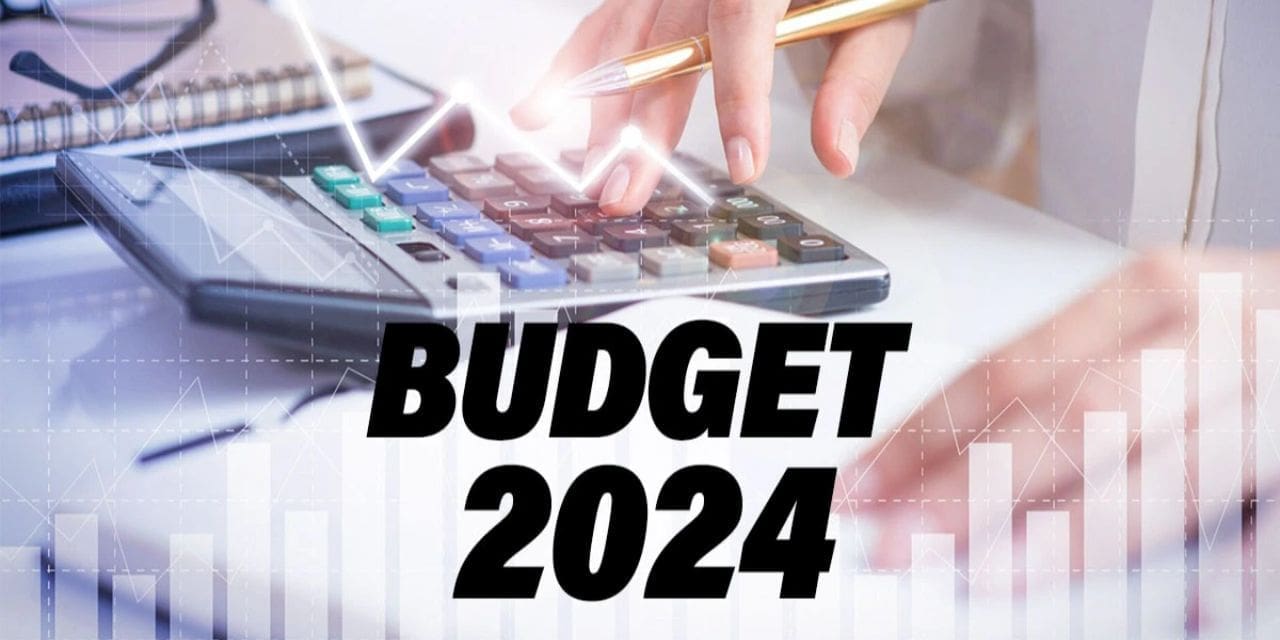The Finance Minister has focused on fiscal prudence, budgeting a fiscal deficit to GDP ratio of 5.1% for FY25, much lower than market expectations. The tax buoyancy of 1.1 assumed for the fiscal calculation looks quite reasonable.
Even while focusing on fiscal discipline, the FM has continued with the mantra of capex led growth. The capex has been budgeted to grow by 11% to Rs 11.1 lakh crore in FY25. The capex to GDP ratio is budgeted to increase to 3.4% in FY25 as against less than 2% in the years before the pandemic. There continues to be large focus on roads and railways as per the budget allocation. Despite being an election year, the government’s continued commitment to productive capital expenditure, even at the expense of revenue expenditure, is a welcome move. The overall subsidy outgo has reduced in FY25, mainly due to reduction in fertilizer subsidy.
A reduced gross borrowing in the fiscal year 2024-25, anticipated interest rate reductions by the Reserve Bank of India, and an increase in passive inflows into the debt market following India’s inclusion in global bond indices, are poised to result in a lower cost of borrowing for the entire economy. This could catalyse private capex going ahead.
The corpus allocated for long term interest free loan for innovation and R&D for private sector is also a step in the right direction. This will enable India to move to high value added segment in the sunrise sectors. The budget has also looked at other pivotal areas such as rural development, housing, education, tourism, technology, green energy, empowerment of youth and women.

